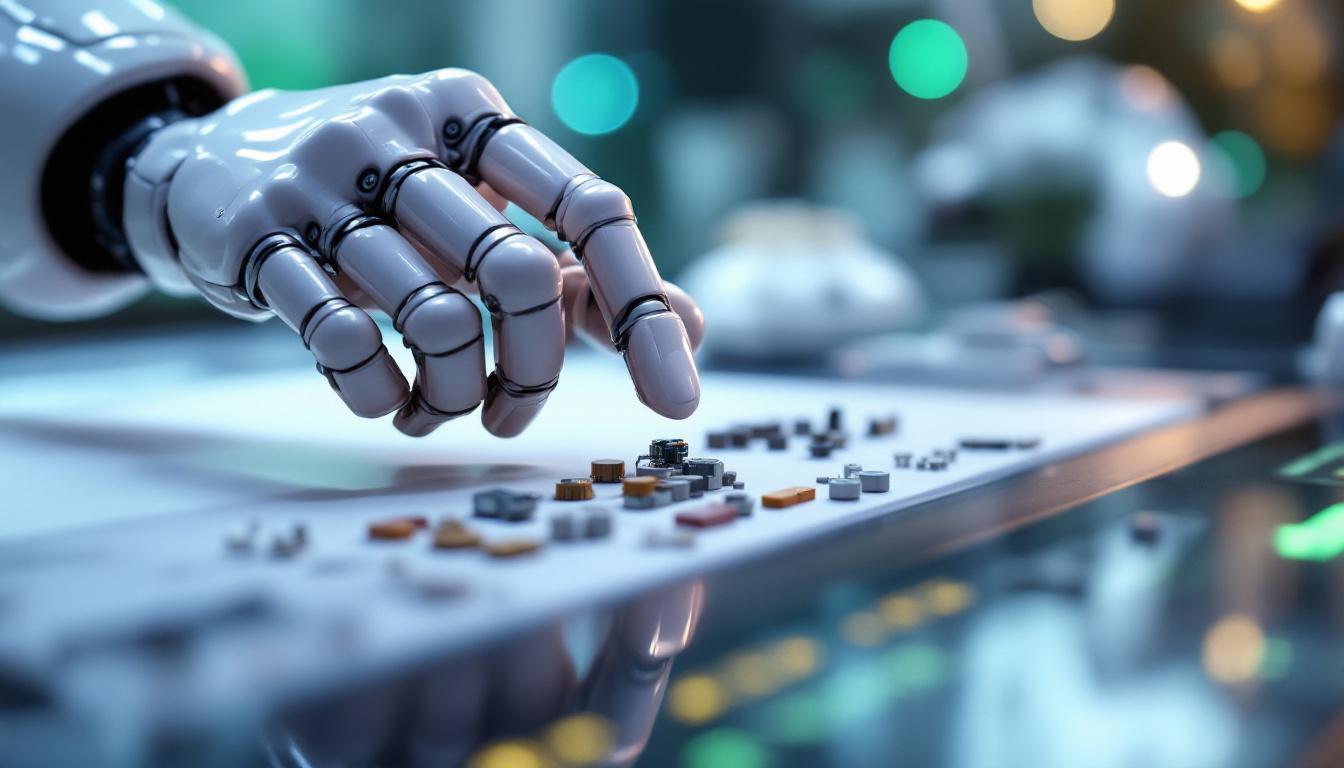Robotic automation is rapidly transforming medical device manufacturing, bringing a new level of precision, efficiency and intelligence to this critical industry. The production of intricate items such as stents, pacemakers and surgical instruments demands micrometre-level accuracy that human hands cannot match. Robotics, powered by advanced visual systems and artificial intelligence, are rising to meet this challenge.
At the heart of the shift is the ability of robots to perform ultra-precise assembly and fitting tasks. Equipped with high-speed vision sensors, robotic systems can detect micro-defects in real time, distinguish between cosmetic blemishes and functional faults, and automatically correct them. This reduces manufacturing waste and improves both the safety and quality of devices. Industry figures suggest robotic automation could reduce defects by 25% and cut operating costs by up to 30%—a particular advantage for exporters to competitive markets like India.
Collaborative robots, or “cobots,” are now common on factory floors, working alongside human engineers to accelerate production without increasing headcount. Designed for safe, seamless interaction, cobots handle repetitive, delicate tasks such as assembly, machine tending and kitting with consistent accuracy. Their flexibility allows manufacturers to shift between product lines quickly while maintaining strict quality control.
Robotics are also being deployed across other stages of the manufacturing process, including material handling, packaging, inspection, testing and sterilisation. Their ability to manage costly raw materials with care is especially valuable in fields like orthopaedics and cardiovascular devices. With AI integration, these systems also collect and analyse performance data, offering insights for continuous process improvement. This level of intelligent automation marks a major step forward for the industry.
The combination of robotics and 3D printing is further expanding production capabilities. Additive manufacturing, when paired with robotic precision, can speed up prototyping and enable the creation of bespoke devices, strengthening the UK’s position in medical innovation. Global firms such as Medtronic, Baxter Healthcare and Johnson & Johnson are already using AI-driven robotics to improve quality, streamline operations and enhance working conditions.
Despite the clear benefits, challenges remain. Adopting such advanced systems requires compliance with strict regulatory standards and significant investment in workforce training. Still, the impact of robotics in medical manufacturing is overwhelmingly positive—enabling the sector to meet rising global demand with greater reliability than ever before.
The UK’s focus on responsible innovation and AI leadership could see it emerge as a global frontrunner in intelligent medical manufacturing. By combining AI, robotics and human expertise, the industry is poised to deliver breakthroughs that improve healthcare outcomes around the world.
Created by Amplify: AI-augmented, human-curated content.


